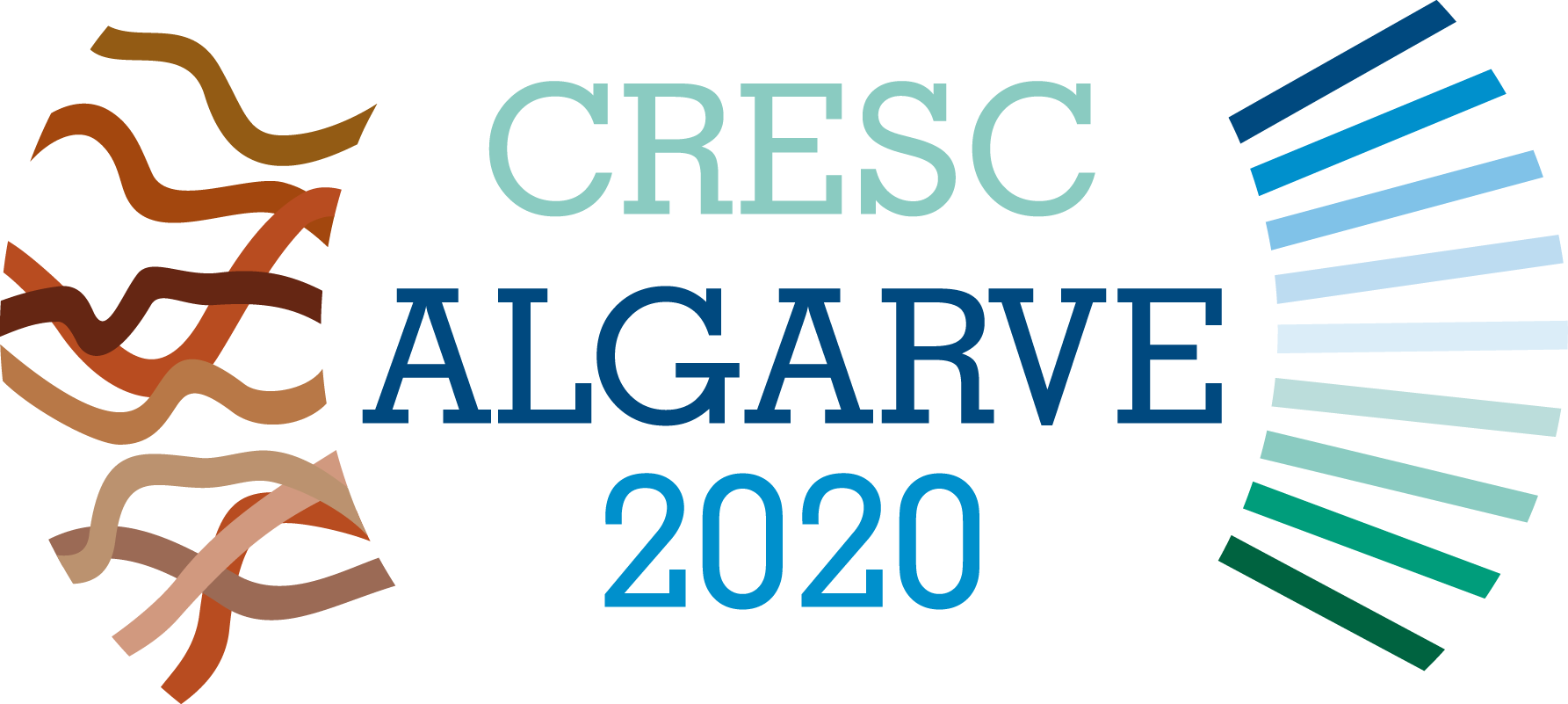The use of phylogenetic methods to reconstruct the evolutionary history of molecular sequences is a vital part of biological research. These methods underpin studies on the evolution and epidemiology of plant and animal parasites and disease-causing organisms, and more generally they allow an objective analysis of the patterns and processes generating biological diversity. To carry out phylogenetic analysis properly, it is necessary to have a good understanding of the strengths and weaknesses of the key methods
and approaches. This EMBO Practical Course has been designed to provide the theoretical and practical skills needed to carry out state-of-the-art phylogenetic analyses.
The past few years have seen have an explosion in new methods of analysis including the application of Bayesian analysis methods, the development of improved non-stationary models that better represent the dynamics of sequence evolution, the application of population genetic theory to phylogenies through the use of multispecies coalescent, and the development of methods for high-throughput genome-wide analyses. This EMBO Practical Course has been designed to cater for these newest methods and for understanding how they relate to the more traditional methods. Our goal is to teach technical sophistication without losing sight of the need for a critical attitude to data and analyses.
Target audience: PhD students; postdoctoral researchers; Academics; Industry
Capacity: 20
Eligibility: By invitation; Registration of interest
Keywords: Phylogeny, molecular evolution, molecular modelling, Bayesian inference, Maximum likelihood inference, phylogenomics
CCMAR - Center of Marine Sciences
8005-319 Faro
Portugal





